Directory
- Share
Sebastian Klinge
- Alumni
- Germany
- 2005 PhD Zoology
- Clare College
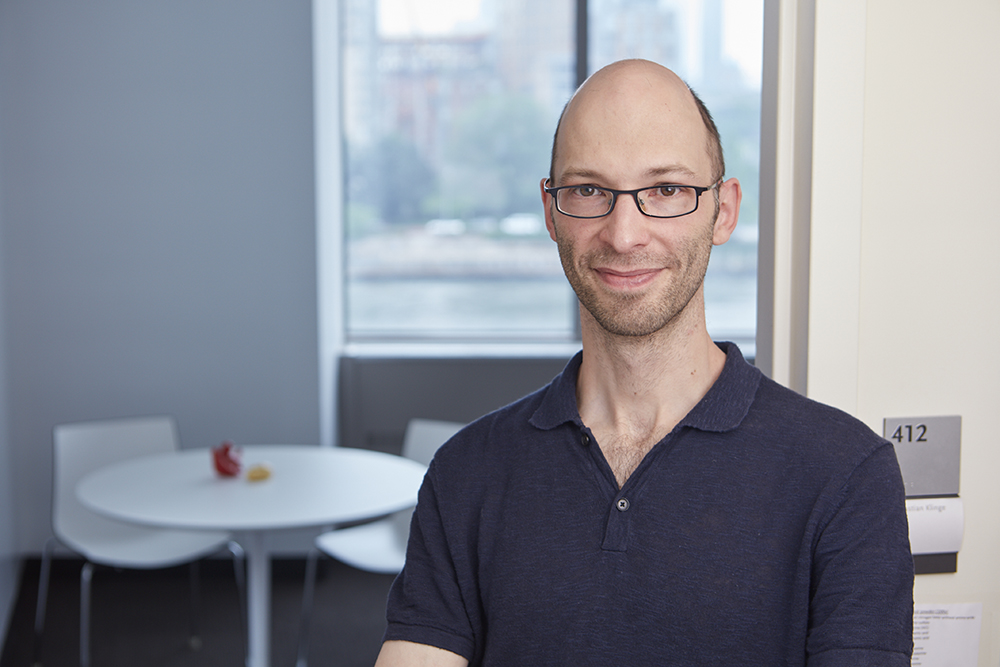
Sebastian Klinge
- Alumni
- Germany
- 2005 PhD Zoology
- Clare College
During cellular division, DNA needs to be replicated and distributed into two daughter cells. My studies in Cambridge will focus on factors which are required to trigger the initiation of DNA replication. The characterisation of these initiation factors will help to understand the molecular basis of this process in normal and cancerous cells.
Adeline Klotz
- Alumni
- Australia
- 2015 PhD Chemical Engineering
- Trinity College
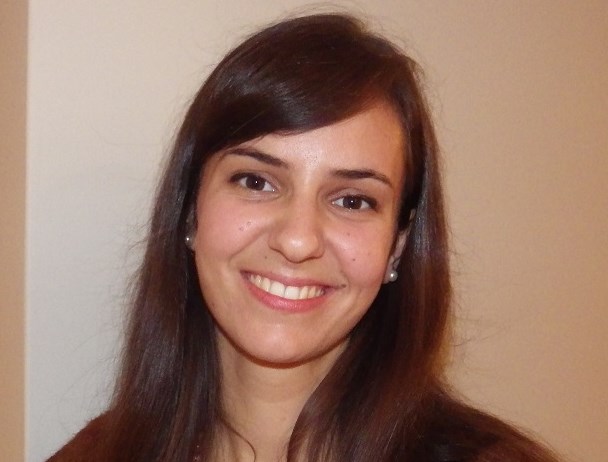
Adeline Klotz
- Alumni
- Australia
- 2015 PhD Chemical Engineering
- Trinity College
During my thesis as an undergraduate, I first began exploiting various aspects of magnetic resonance (MR) to develop a multiphase flow meter. Through this project, I came to realise the potential of MR and the lack of it in the engineering sector, even though it is used quite heavily in other fields. While undertaking my doctorate at Cambridge, I will be harnessing the power of MR to develop a tool in the engineering sector. This tool aims to understand how catalysts behave on a local level, during reactions, with real operating conditions. To date, reactors containing catalysts are designed in an inefficient manner due to this lack of understanding. Such research will ensure our current resources will be used efficiently, but will also ensure catalysts can be designed and operated effectively to handle the challenging feedstocks we will be encountering in the future. It is a truly great honour to be joining the Gates Cambridge community, working with other scholars to help solve some of these global issues we are facing. INTERESTS: bush-walking, cycling, cooking (especially the science behind it!), reading, playing the flute and self-sustainable living.
Previous Education
University of Western Australia
Sarah Knaus
- Scholar
- Austria, United States
- 2025 PhD Multi-disciplinary Gender Studies
- Pembroke College
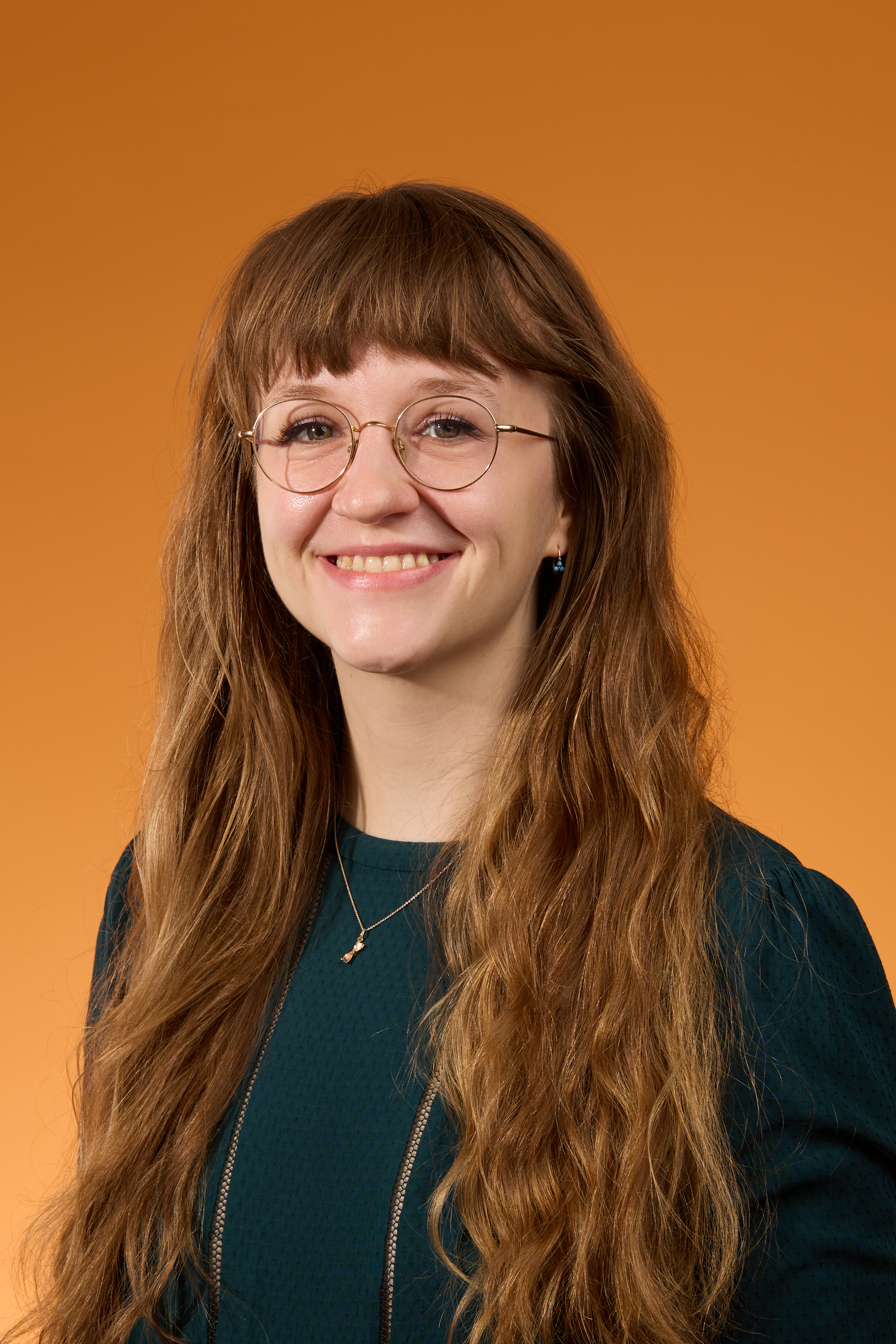
Sarah Knaus
- Scholar
- Austria, United States
- 2025 PhD Multi-disciplinary Gender Studies
- Pembroke College
I work as a pediatric endocrinology fellow at the Medical University of Vienna, where I specialize in providing care for children with differences in sex development and gender-diverse youth. Over the years, I came to appreciate how intricately my field is intertwined with larger sociopolitical and philosophical questions about normativity and bodily autonomy. I also became increasingly aware of the considerable responsibility we have in caring for marginalized young people. This led me to pursue an MPhil in Multi-Disciplinary Gender Studies at Cambridge, where I learned to apply critical theory to my own practice. My research has since focused on the interplay between gender diversity and health behaviors, and the limitations of medical scientific methodologies in understanding the nuance and agency of gendered embodiment. Expanding on this work, my PhD project aims to apply a more desire-based framework to transgender medical research, troubling the hierarchy between physician-researcher and subject-participant. I'm excited to join the Gates Cambridge scholarship community, whose commitment to improving the lives of others sits at the heart of what I do.
Previous Education
Medical University of Vienna Medicine
University of Cambridge Gender Studies
Emma Knowles
- Alumni
- Australia
- 2015 PhD Anglo-Saxon N + C
- Corpus Christi College
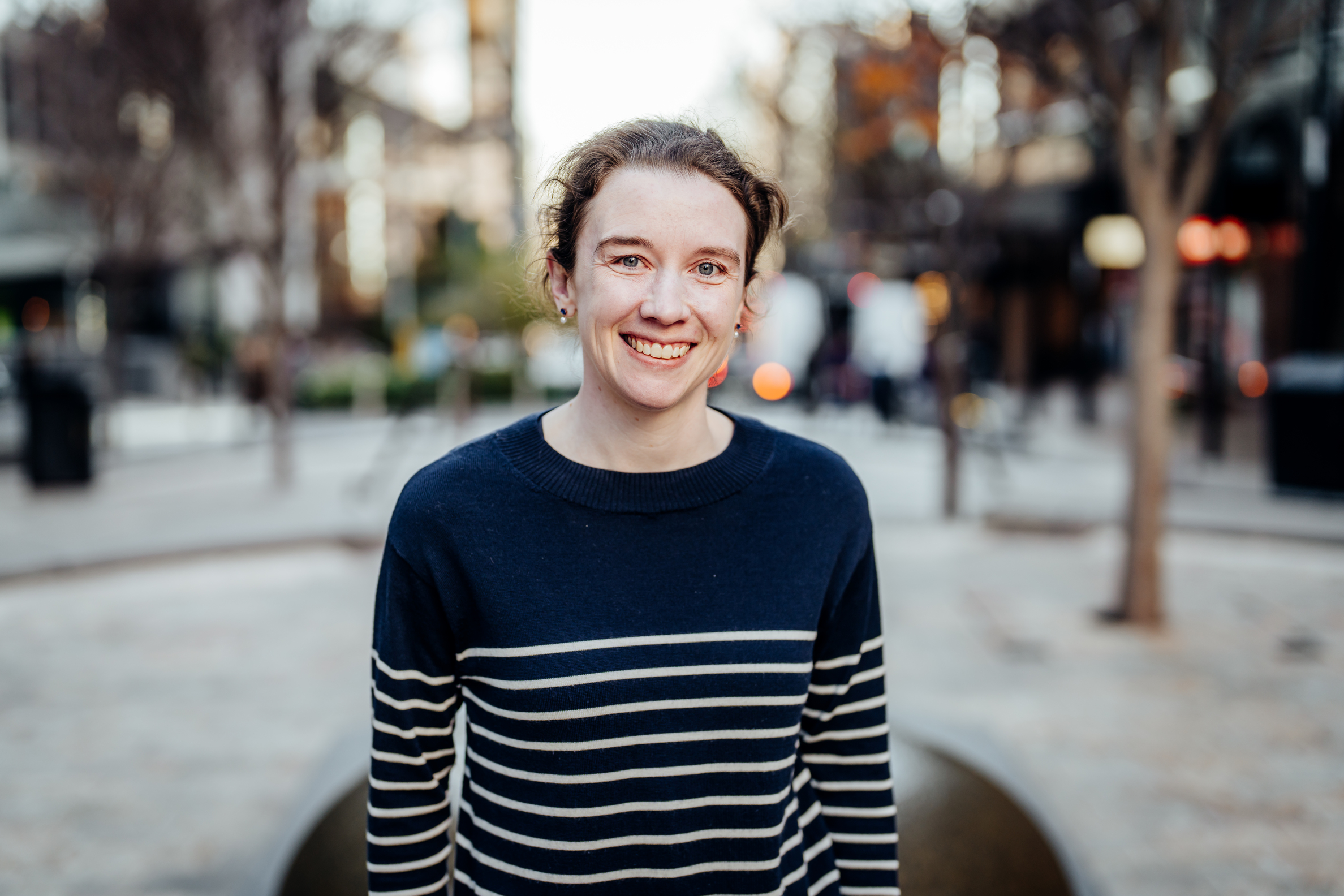
Emma Knowles
- Alumni
- Australia
- 2015 PhD Anglo-Saxon N + C
- Corpus Christi College
Having studied English at the University of Sydney, I undertook an MPhil in Anglo-Saxon, Norse and Celtic at the University of Cambridge. My PhD in Anglo-Saxon, Norse and Celtic was funded by Gates Cambridge and considered Old English biblical poetry. I am currently Lecturer in the Faculty of Arts and Education at the Australian Catholic University where I mainly teach medieval and Renaissance literature.
Previous Education
University of Sydney
University of Cambridge
Joan Ko
- Alumni
- Australia
- 2006 MPhil Engineering for Sustainable Development
- Hughes Hall
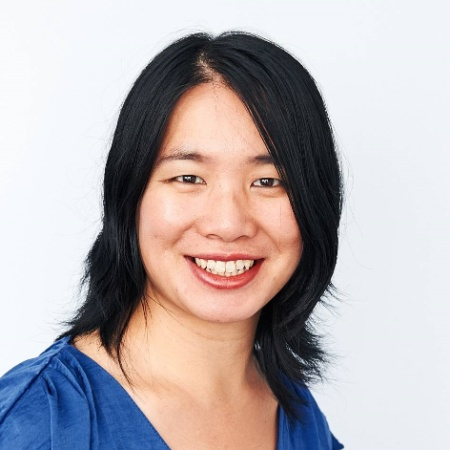
Joan Ko
- Alumni
- Australia
- 2006 MPhil Engineering for Sustainable Development
- Hughes Hall
I'm part of Arup's sustainability group in Melbourne. Since graduating from Cambridge in 2007, I have worked with developers, designers and policy makers to make sure our towns and cities are great places to live, produce their own energy, recycle water, and give people access to public transport. Some of my work that I am proud of include: advising the City of Melbourne on getting sustainability into the planning system and helping the UK construction industry reduce carbon emissions.
Michelle Ko
- Alumni
- United States
- 2019 PhD Biological Science at the MRC Laboratory of Molecular Biology
- Churchill College
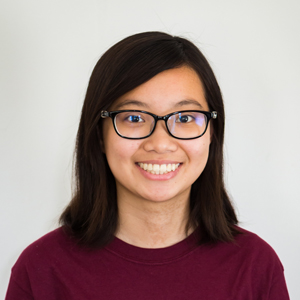
Michelle Ko
- Alumni
- United States
- 2019 PhD Biological Science at the MRC Laboratory of Molecular Biology
- Churchill College
While growing up next to the library in Cockeysville, Maryland, I came to love stories. After reading hundreds of books, I consider the grandest origin story to be the curious saga of how we developed from a single cell into who we are today. Even more exciting to me is that this remarkable journey still has many questions left unanswered. To explore this further, I am pursuing a degree in Human Developmental and Regenerative Biology at Harvard University and conducting research in autism spectrum disorder and cortical development in the Arlotta Lab. Through this research and my coursework, I became interested in how the nervous and immune systems communicate with each other in sickness and in health. During my PhD at the MRC Laboratory of Molecular Biology, I will explore this theme in Andrew McKenzie’s group and I aim to interpret the dialogue between the nervous system and innate lymphoid cells. I hope that this research of fundamental interactions will empower the field to understand neuro-immune diseases better. I am immensely excited and grateful to join the vibrant and passionate community of Gates Cambridge Scholars.
Previous Education
Harvard University AB Developmental Biology 2019
Svitlana Kobzar
- Alumni
- Ukraine
- 2005 PhD International Studies
- Wolfson College
Svitlana Kobzar
- Alumni
- Ukraine
- 2005 PhD International Studies
- Wolfson College
Svitlana Kobzar is a senior programme manager at the European Endowment for Democracy, where she oversees Ukraine and Georgia programmes. She is also an assistant professor at Vesalius College where she teaches a course on International Approaches to State-Building, Good Governance and Reform. From June 2014 to February 2017, Kobzar served as head of International Affairs Department and academic director of the European Peace and Security Studies at Vesalius College. Before that, she had worked as an analyst and research fellow at RAND Corporation in Cambridge and Brussels. Her research focused on societal trends, EU foreign and security policy, civil society, state-building, the European Neighbourhood Policy and Eastern Partnership. Kobzar received her PhD in international relations and her MPhil in contemporary European studies from the University of Cambridge as the Gates-Cambridge Scholar.
Previous Education
University of Cambridge MPhil in Contemporary European Studies 2005
Alma College BA in Foreign Service 2004
Links
https://www.democracyendowment.eu
https://www.facebook.com/svitlana.kobzar
https://www.linkedin.com/in/svitlana-kobzar-3900786
Paulina Kolasinska
- Alumni
- Poland
- 2006 PhD Genetics
- Clare College

Paulina Kolasinska
- Alumni
- Poland
- 2006 PhD Genetics
- Clare College
I am very excited about starting my PhD in Cambridge. My dream is to study principles of animal genetics and development. I think it is both interesting and important to learn about the very basic processes and laws ruling biology. I am especially interested in the influence of chromatin regulation on the cell life.
Marie Kolkenbrock
- Alumni
- Germany
- 2010 PhD German
- Trinity Hall
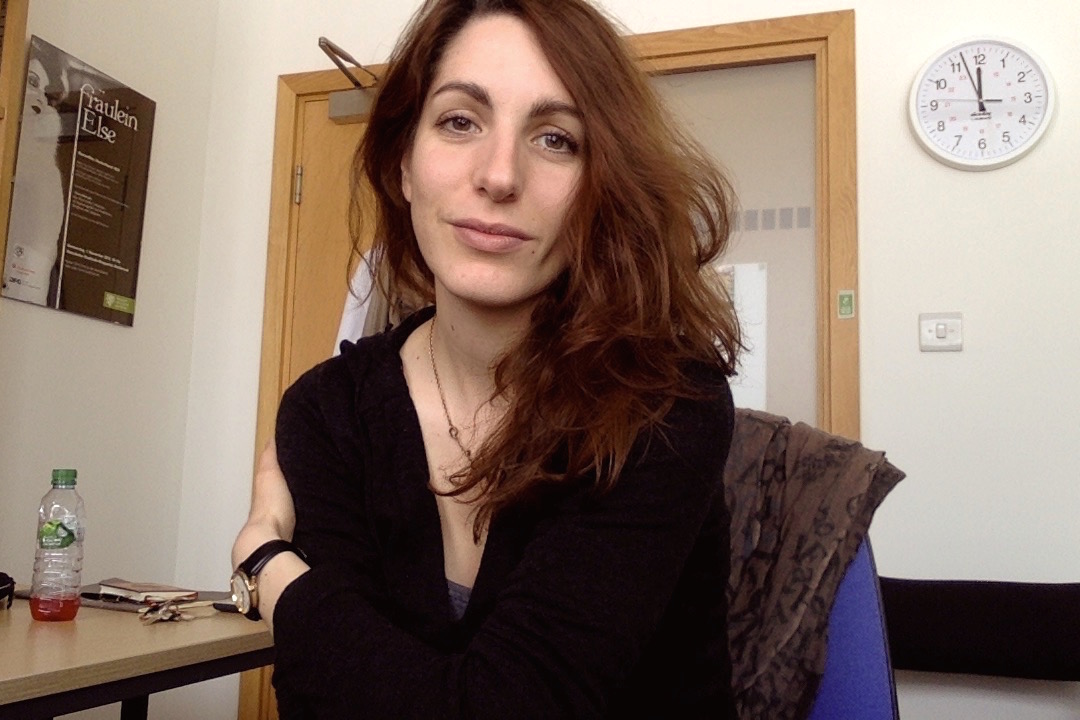
Marie Kolkenbrock
- Alumni
- Germany
- 2010 PhD German
- Trinity Hall
Marie Kolkenbrock is a Branco Weiss Fellow in the Department of German at KCL and a Trinity Hall Alumna (PhD 2014). Originally a scholar of Viennese Modernism, she has recently started to branch out into the fields of comparative literature, cultural theory and intellectual history, and is currently working on a cultural history of the concept ‘distance’ in the twentieth and twenty-first centuries. Her first monograph Stereotype and Destiny in Arthur Schnitzler’s Prose was published with Bloomsbury in 2018. She also is the co-editor of the forthcoming Special Issue of German Life & Letters: ‘Primary Rejections: On the Politics and Poetics of Refusal’, which is due to come out in January 2021.
Links
Sreenivasa Rao Kondapally Seshasai
- Alumni
- India
- 2008 PhD Public Health & Primary Care
- Hughes Hall
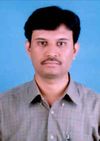
Sreenivasa Rao Kondapally Seshasai
- Alumni
- India
- 2008 PhD Public Health & Primary Care
- Hughes Hall
I completed my undergraduate and post-graduate medical training from India, and received a Commonwealth Scholarship to study MPhil (Epidemiology) in Cambridge in 2006. I was awarded the Gates Cambridge Trust scholarship for my PhD in Cardiovascular Epidemiology (2008-11), and was subsequently appointed as an NIHR Clinical Lecturer in Preventative Cardiology at St George's, University of London (2011-15). This allowed me to simultaneously complete my clinical training in Cardiology (London Deanery), followed by subspecialty training in interventional cardiology. Currently, I am working as a Locum Consultant Cardiologist at St George's Hospital, London, and continue to undertake active clinical and epidemological research.
Kathelijne Koops
- Alumni
- Netherlands
- 2006 PhD Biological Anthropology
- St John's College
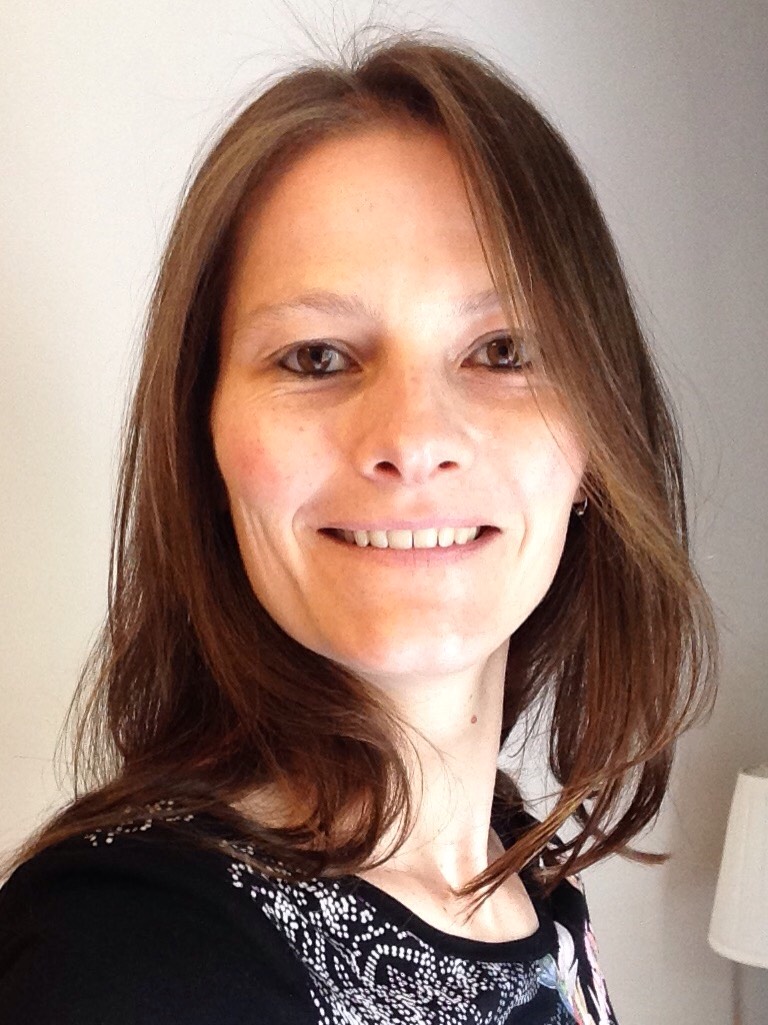
Kathelijne Koops
- Alumni
- Netherlands
- 2006 PhD Biological Anthropology
- St John's College
I obtained my MSc in Biology at Utrecht University in the Netherlands before attending the University of Cambridge, where I completed my PhD in Biological Anthropology in 2011. Subsequently, I was a Junior Research Fellow at Homerton College and a Post-doctoral researcher in the Department of Archaeology & Anthropology at Cambridge. In 2014 I took up a Post-doctoral position at the University of Zurich. In 2020-2021 I was a Lecturer in Primatology in the Department of Archaeology at the University of Cambridge. Since 2021, I am a Professor in the Department of Evolutionary Anthropology at the University of Zurich in Switzerland.
My research applies an interdisciplinary approach to investigating the evolution of tool use. Complex technology is a defining trait of our species. Human technological innovations have reshaped our planet and changed the impact of evolutionary forces upon our lives. Despite the enormous significance of human technology, the evolutionary origin of this complex use of tools is not well understood. By studying humans’ closest living relatives, the great apes, I hope to identify the processes driving the use of technology across ape species and, in turn, shed light on What makes us human?
Previous Education
Utrecht University M.Sc Biology 2005
Gerrit Koorsen
- Alumni
- South Africa
- 2001 PhD Biochemistry
- Peterhouse
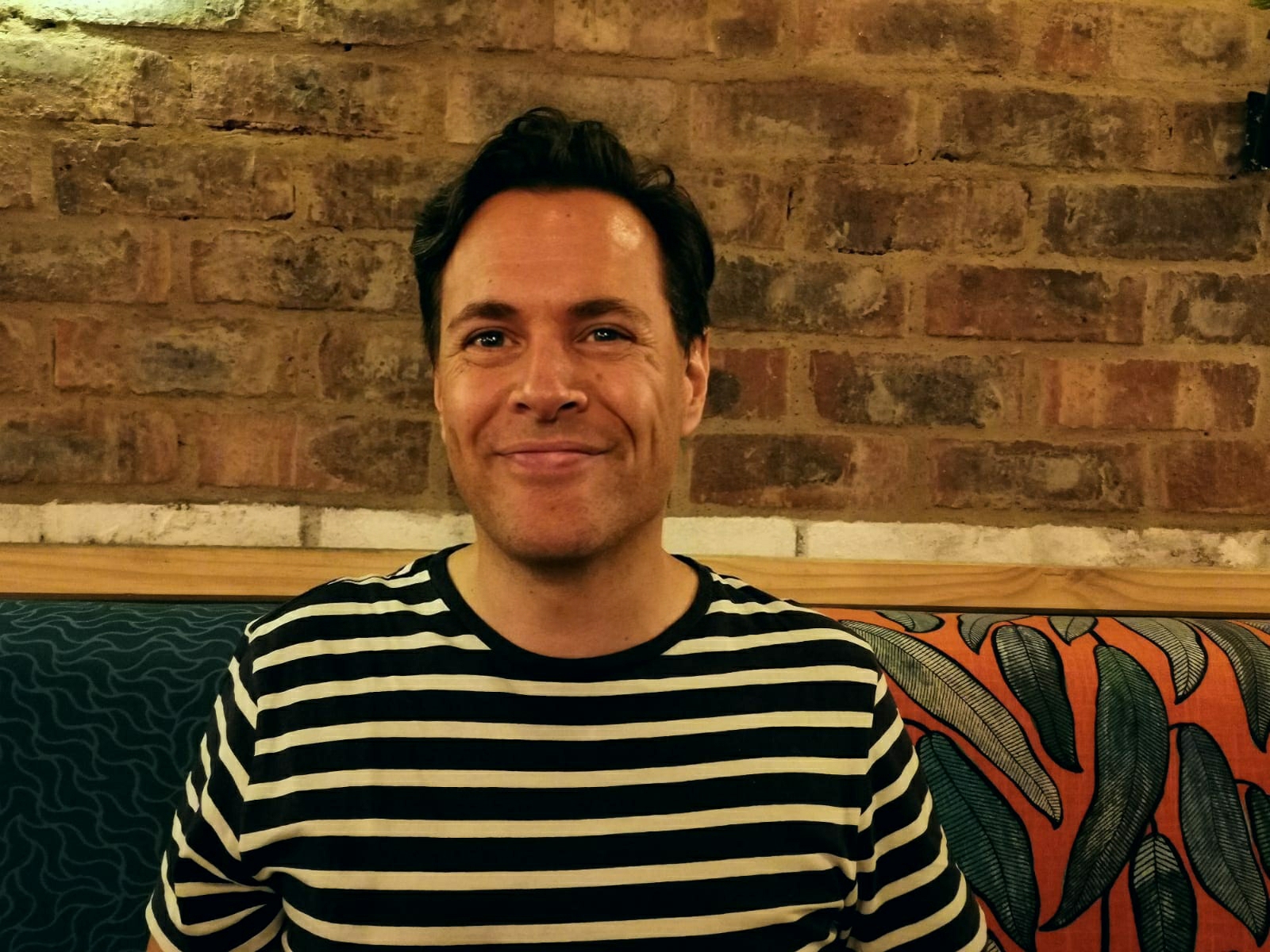
Gerrit Koorsen
- Alumni
- South Africa
- 2001 PhD Biochemistry
- Peterhouse
Mine Koprulu
- Alumni
- Turkey
- 2017 MPhil Genomic Medicine
2020 PhD Medical Science @ MRC Epidemiology Unit - Newnham College
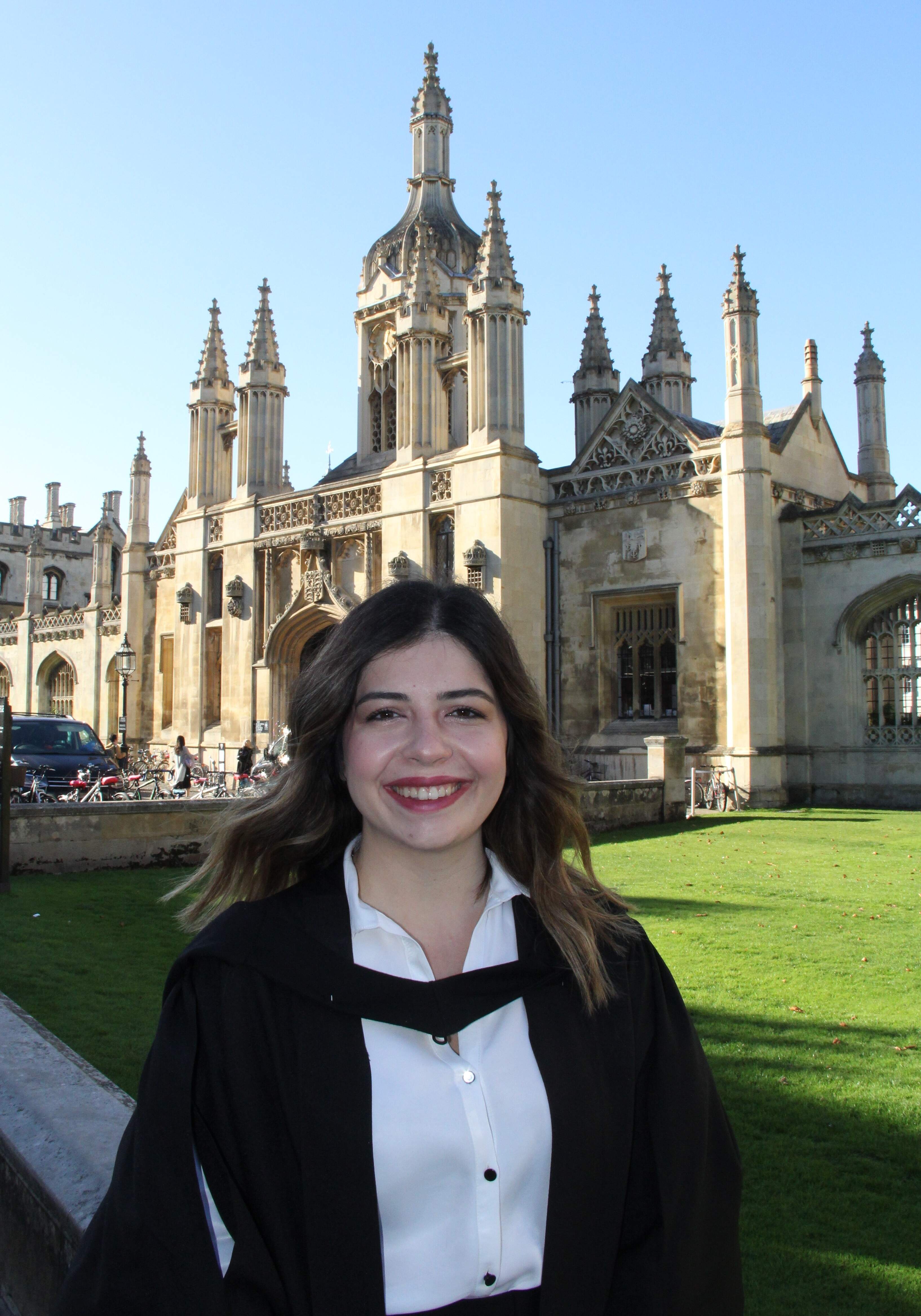
Mine Koprulu
- Alumni
- Turkey
- 2017 MPhil Genomic Medicine
2020 PhD Medical Science @ MRC Epidemiology Unit - Newnham College
I am a young geneticist who is ambitious about improving healthcare and stratified medicine. At the age of 16, I attended to United World Colleges of Atlantic, an institute with a mission to use education as a force to unite people, nations and cultures for world peace and sustainable future. While at UWC, academically I became interested in studying disease genetics due to its potential to improve the lives of others. Thus, I studied BSc Human Genetics at UCL, where I developed an interest on the genetic basis of complex diseases. Afterwards, I studied MPhil in Genomic Medicine at Cambridge University as a Gates Scholar. During my master's, I worked at Wellcome Trust Sanger Institute under Prof Zeggini's supervision on two complex disease bioinformatics projects where I worked with large datasets including UKBioBank. For my PhD, I will be studying the rare and low-frequency variants underlying diabetes using data from several biological levels under the supervision of Dr Langenberg. I am very intrigued about this project addressing the knowledge gap in complex disease genomics, given its potential to improve healthcare and stratified medicine. I am very excited to be a part of the influential Gates Cambridge community again.
Previous Education
University of Cambridge Genomic Medicine 2018
University College London Human Genetics 2017
Lia Kornmehl
- Alumni
- United States
- 2023 MPhil Theology, Religion and Philosophy of Religion
- Selwyn College
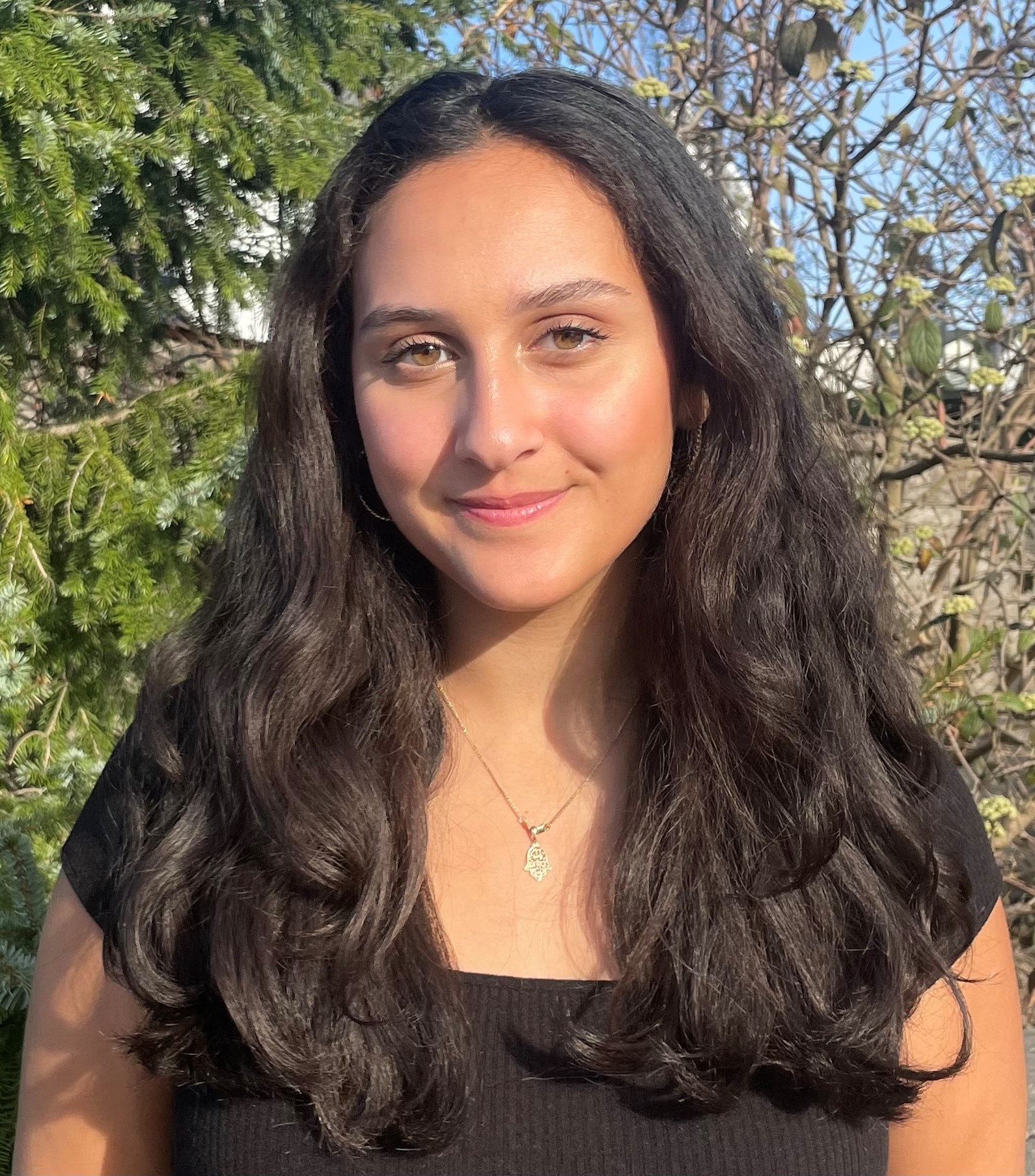
Lia Kornmehl
- Alumni
- United States
- 2023 MPhil Theology, Religion and Philosophy of Religion
- Selwyn College
As an undergraduate at Bowdoin College, I have sought to understand why religion, politics, and violence so often entangle one another. My work to date, including documentary profiles of Latine immigrants in the restaurant industry and LGBTQ+ activists in the fight for same-sex marriage, has taken a constructive approach. I aim to balance ever-churning bureaucratic mechanisms with the deeply-held lived experiences of communities across the world, pairing academia with the sometimes messy formation of equitable policy. After spending a year interviewing correctional chaplains across the country, my current Honors research is an ethnographic analysis of how religion can promote agency, or expedite restriction, in American prisons. At Cambridge, I am pursuing an MPhil in Theology, Religion, and Philosophy of Religion with Dr. Ankur Barua to explore how clergy and religious organizations might ameliorate electoral violence and communal conflict in Northern India. Research aside, I'm usually found singing with my A capella group or mentoring ESOL high schoolers. I am excited to learn among the broad, forward-looking community of Gates Cambridge scholars.
Previous Education
Bowdoin College Religion, Government 2023
CIEE Study Abroad Spanish, Religion 2022
Harvard University Political Communications 2017
Claudio Köser
- Alumni
- Germany
- 2007 PhD Genetics
- Clare Hall

Claudio Köser
- Alumni
- Germany
- 2007 PhD Genetics
- Clare Hall
Eric Koskinen
- Alumni
- United States
- 2007 PhD Computer Science
- Jesus College
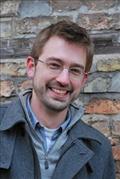
Eric Koskinen
- Alumni
- United States
- 2007 PhD Computer Science
- Jesus College
I began my career as a software engineer working at Amazon.com. I returned to academia in order to study ways to improve the correctness of computer programs, which has undoubtedly become important in an age where mission-critical software is pervasive. I am currently finishing a PhD in Computer Science, and will soon begin a Research Scientist position at the Courant Institute of Mathematical Sciences (NYU). The Gates scholarship has provided me with aunique opportunity to study theoretical computer science in Cambridge, among many leaders in the field. My thesis is on techniques for automatically analyzing computer programs, using mathematics to prove their correctness.
Daniel Koslover
- Alumni
- United States
- 2006 MPhil Biochemistry
- Churchill College
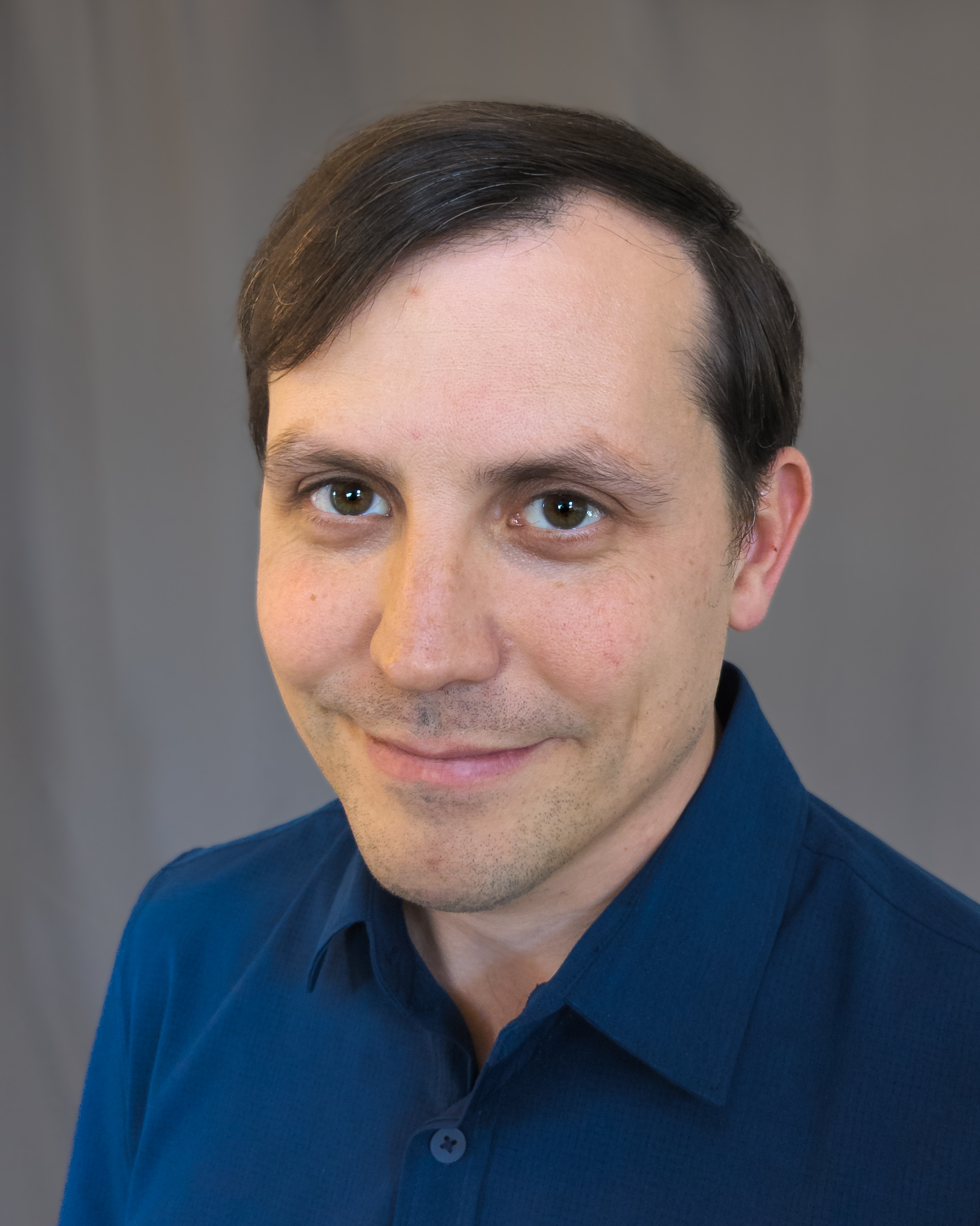
Daniel Koslover
- Alumni
- United States
- 2006 MPhil Biochemistry
- Churchill College
I am a professional biophysicist working in the San Diego biotech sector. After graduating from Caltech in 2006, I attended the University of Cambridge for a year as a Gates Scholar (Churchill College) where I studied x-ray crystallography in the laboratory of Prof. Ben Luisi. I later completed my doctoral work at Stanford in the laboratory of Prof. Steven Block. In 2025 I founded Captihue, Inc, a startup focused on developing novel at-home and point-of-care technologies for rapid detection of infectious disease.
Links
https://captihuedx.com
https://www.linkedin.com/in/daniel-koslover-64a6b623
Darius Kosmützky
- Alumni
- Germany
- 2020 PhD Biochemistry
- Corpus Christi College
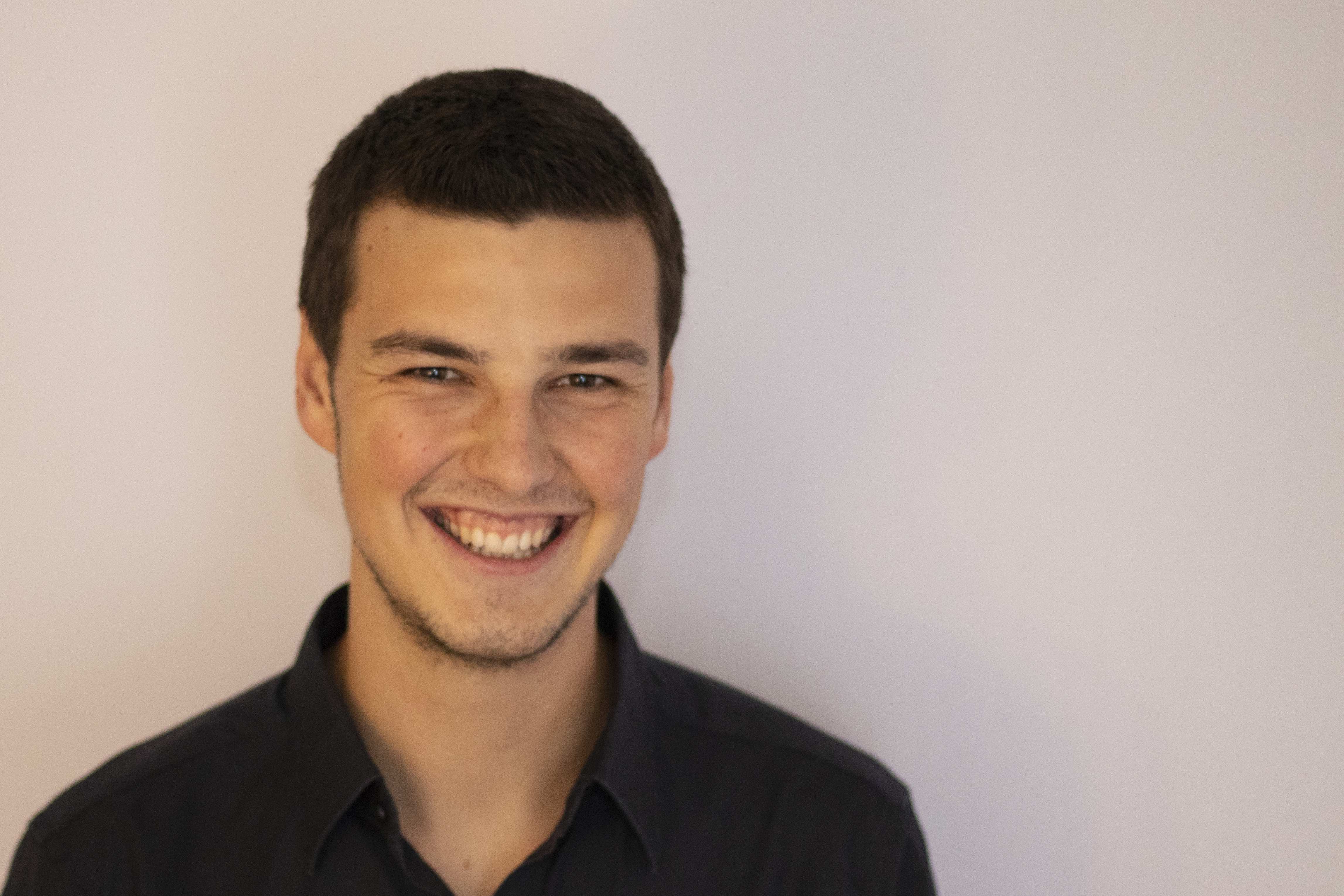
Darius Kosmützky
- Alumni
- Germany
- 2020 PhD Biochemistry
- Corpus Christi College
How is it possible that just a large number of molecules and the interaction between them facilitates something as complicated as me writing this question? Or in the big picture: life in general?
My fascination with this thought has always aroused a great curiosity about molecular sciences in me. In order to tackle this question in a more directed way, I studied biochemistry in Bielefeld, Germany. I am grateful to have received a good basis for molecular life sciences research during my undergraduate degree there.
In order to find out more about photosynthesis, the chemical reaction that enables life on this planet, I went to Cambridge for a Master in Biological Sciences. Throughout this research project I have been investigating the function of an enigmatic protein, that seems to be involved in high light stress resilience in plants and algae. During my PhD I aim to fully uncover the processes this protein is involved in. Additionally, with the support of the Gates-Cambridge foundation, I want to use this fundamental biochemical insight to provide a platform for the engineering of sustainable energy production devices and stress-resistant crops.
Previous Education
Universitat Bielefeld Biochemie 2018








